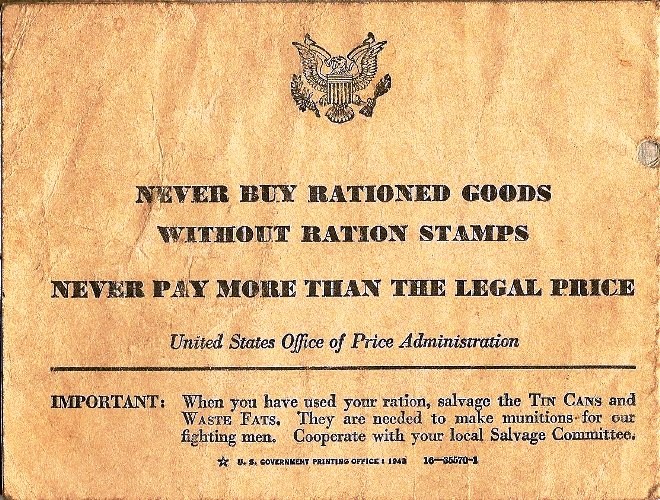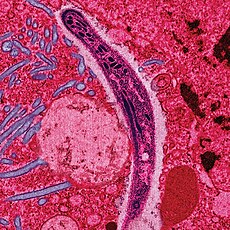Should everybody live in a house? Many people believe that this is a basic human right. Never mind that not all humans
do live in houses. Some live in tents. Some live in igloos. Some are nomads. Some live in their vehicles or on board their ships. There are so many different ways of living, and who is to say that only one way is right?
Owning real estate is expensive, because it is often a target for robbery or taxation. It is easy to lay siege to someone holed up in a house, and without a standing army to protect the house from those intent on plunder, one might not stand a chance. Are you willing to pay for that army? Or would you rather just move along?
Miss just one payment of your property taxes and your title is gone!
"You can't sail away in a house," Jean Laffite says in
Theodosia and the Pirates. Laffite spent most of his early adult life living on board a ship. But he was not unaware that countries such as Britain had vagrancy laws that made it illegal
not to live in a house. At one time he and Pierre were arrested and thrown into prison while in England, on charges of
vagabondage. Their crime? When questioned by police where they were living, they could not provide an address. They were living on board ship.
Aaron Burr, once the owner of the stately mansion, Richmond Hill, fell on hard times and found himself as a homeless exile in Europe. He often slept in brothels, not for the services offered, but because he needed a place to take shelter. Even when he returned to the United States, he was often in dire straits, and it became standard procedure for him to pawn his watch when in a financial pinch.
 |
| Aaron Burr's Watch |
No matter how high our current station in life, and how much real estate we may own, it makes sense to remember that owning a house -- or even just renting one -- is a burden that not everyone can support. Instead of making it a
mandatory "human right", we should take into account that it's entirely optional, and there are many other ways of living to choose from.
It's also good to remember that real estate ownership, while sometimes difficult to come by, is open to all, if they can afford it. It is not always the case that powerful, important or famous people own real estate, and that members of minorities who are less powerful do not. At a time when Aaron Burr was destitute and Jean Laffite lived mostly on board ships, Marie Villard, who was a free black woman and the mother of many of Pierre Laffite's children, owned a house on Bourbon Street in New Orleans,
How much did Marie Villard's house cost? In 1819, at a time when the common free laborer was lucky to make a dollar a day, its market value was $9,000.00. This was before VA loans or Fanny Mae, and houses were purchased in cash, or, at best, in four easy installments, consisting mostly of the principal, with very little interest.
Should a house to live in be a "human right"? I don't think so. Should people be thrown into prison if they don't have a fixed abode? No. Should you have to prove the address where you reside in order to be able to cash a check or take a job? I don't think so. I think you should be able to live any way you choose, provided you are not hurting anyone else.
Sometimes powerful men find themselves homeless, while unassuming single mothers own real estate. This can happen in a relatively free market, where the government does not interfere, and the right to the pursuit of happiness is guaranteed, but not the right to free housing at anyone else's expense.







